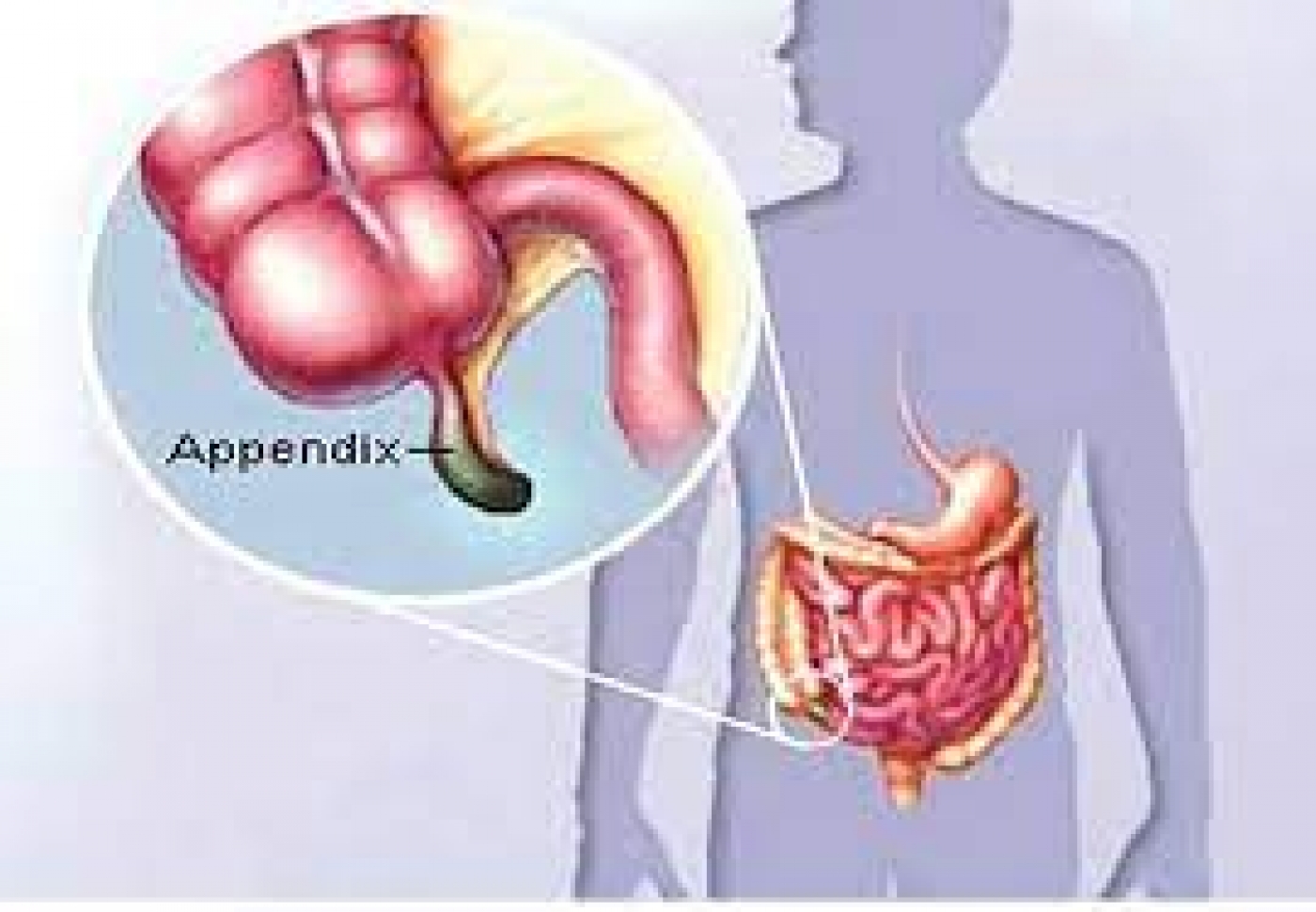It notes that appendicitis causes pain in the lower right abdomen, but that in most people, pain begins around the navel and then moves to other areas.
“As the inflammation worsens, appendicitis pain typically increases and eventually becomes severe. Your doctor’s recommended treatment plan for appendicitis will most likely involve antibiotics, followed by surgery to remove the appendix, which is known as appendectomy,” Mayo Clinic explained.
A neurosurgeon at the Ahmadu Bello Teaching Hospital, Zaria, Kaduna, Dr Ajayi Abass, said an appendix could be considered for removal when it was inflamed or diseased.
He said, “I don’t think it is necessary for one to just request for surgical removal of the appendix. Aside from the fact that some people might need to have prophylactic appendectomy, which is the surgical removal of an appendix, there is really no reason for the removal.
“For those travelling to remote parts of the world, especially to mountainous regions or on missions, and have fears that if they develop appendicitis, the risk of not getting appropriate surgical care is high, they may request for voluntary removal of the appendix.”
Ajayi said the appendix was not a useless organ as many had been made to believe, as it contained immune cells that help to fight infections in the intestines.
“The appendix is useful in certain reconstructive neurological surgeries like in the urinary tract,” he added.
The neurosurgeon said there was no specific known cause for appendicitis and that it was a common surgical emergency that could happen to anyone.
He, however, said it occurred more in young adults possibly due to heightened activities.
Ajayi stated, “There are some factors that can predispose an individual to develop appendicitis. Those who have had the condition and used antibiotics can still develop it in the future.
“There is no particular susceptibility, but it has been noted that it is rarely seen in children and very elderly persons, probably due to the size of their intestines.
“It is found more in young adults, possibly because that is the age of high activity. They eat a lot of things and the immune cells around the appendix might swell up and cause blockage of the appendix tube. Once it is blocked, it gets infected and the infection will cause appendicitis.”
On how to detect appendicitis and avoid it from becoming a medical emergency, he urged individuals to visit the hospital as soon as they feel any pain in the lower right side of the abdomen.
He said, “Majorly, when you notice you have pain in your abdomen, especially at the lower right side, quickly see a doctor to get appropriate treatment.
“Another preventive measure is taking a lot of vegetables to help reduce the formation of bulky stool, which may predispose one to the obstruction of the appendix.
“Early treatment is the safest because the problem with appendicitis is that if it doesn’t get treated early, pus can develop around it and spread to the other parts of the abdomen.
“Also, it can burst and release faeces into the peritoneum, which is inside the stomach. When it gets there, the individual can get very sick as infection would have spread to other parts of the body.”
A surgical resident at the National Orthopaedic Hospital, Igbobi, Lagos, Dr Bonire Olalekan, said the appendix had a minimal role to play in preventing bacteria from entering into the bloodstreams from the intestines.
Bonire, who is also a general healthcare facilitator, noted that the protection given by the appendix was made possible by tiny structures called lymphoid follicles.
He, however, said that there were factors responsible for the blockage of the lumen, which eventually could lead to surgical removal.
Bonire added, “There are no proven preventive measures against appendicitis. However, general health care of the intestines can play a major role in reducing its occurrence.
“Individuals should endeavour to eat diets high in fibre and drink at least two litres of water daily. There should be low fat intake, low alcohol consumption, more fruits and vegetables and avoid swallowing seeds from fruits.
“When symptoms of abdominal or stomach pains commence and become increasingly painful and persistent, an urgent visit to the hospital is required.
“Following examination by the doctor, medications alone may suffice to stop the ongoing appendicitis, but if not, surgical procedure may be the only way to stay alive.”
Source: HealthWise







